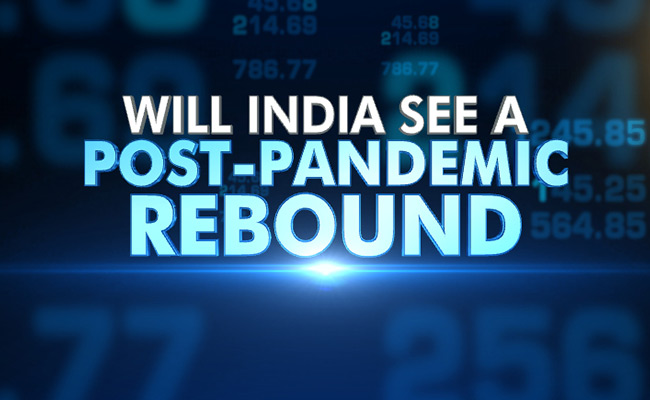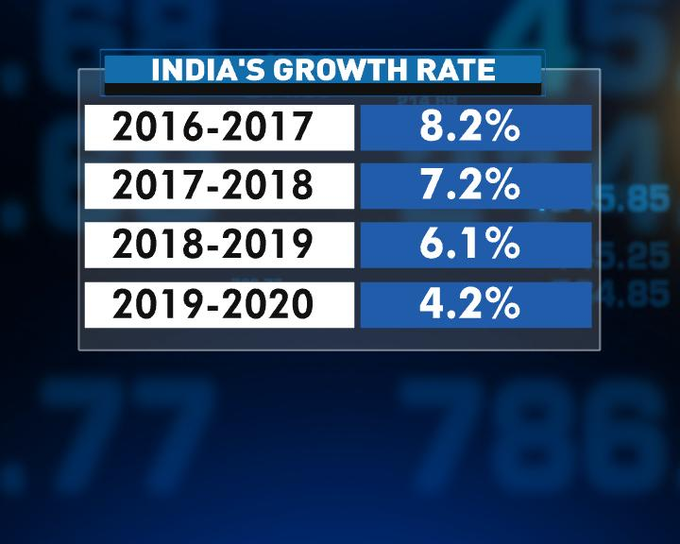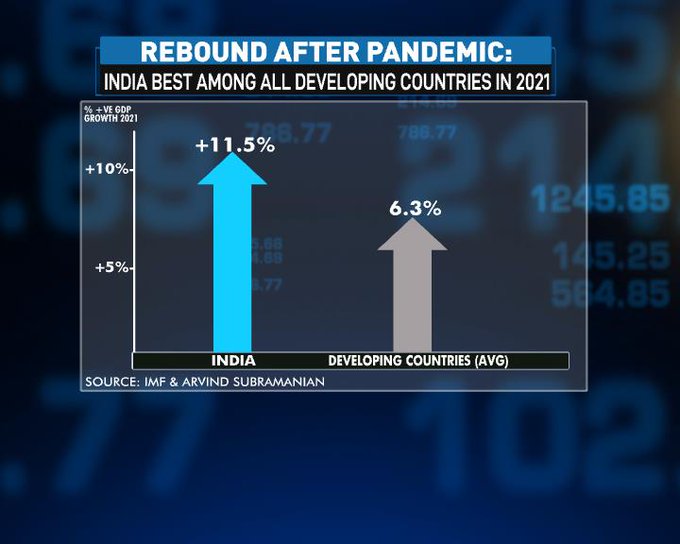After this pandemic Budget, what comes next? Where is India heading? How will India come back on the growth trajectory? In the first part of this four-part Townhall, Prannoy Roy discusses these questions with the world's leading experts, four of whom are Nobel Prize winners. Read what Paul Milgrom, Abhijit Banerjee, Michael Kremer, Raghuram Rajan, Kaushik Basu and Amartya Sen have to say about the post-pandemic world.
Here are the highlights of Prannoy Roy's show:
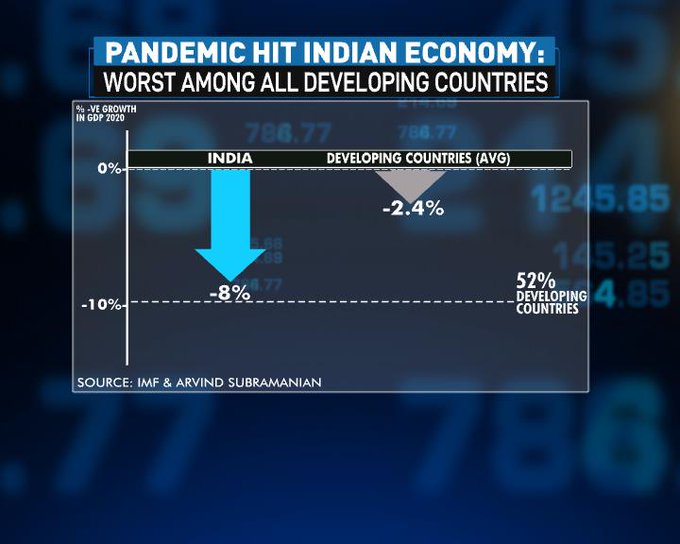
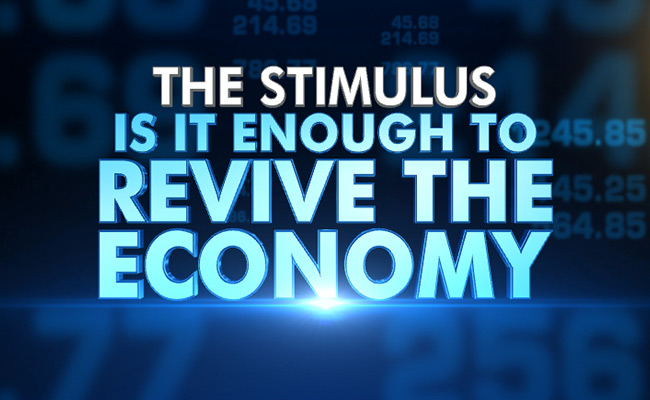
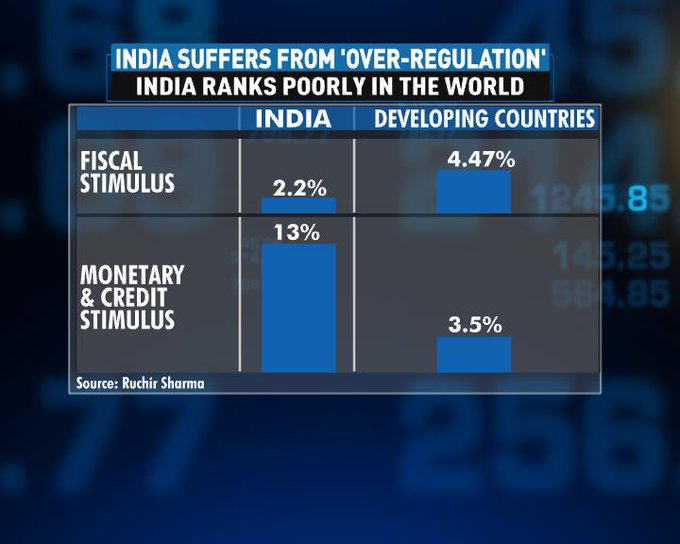
#NDTVTownhall | Paul Milgrom, Winner, Nobel Prize 2020, on the pandemic pic.twitter.com/sOlhkDOVKB
- NDTV (@ndtv) March 3, 2021
#NDTVTownhall | "If we really want to be world class, we need to have an agenda": Abhijit Banerjee, Winner, Nobel Prize 2019 pic.twitter.com/D7I302eArC
- NDTV (@ndtv) March 3, 2021
#NDTVTownhall | Kaushik Basu, Chief Economic Advisor (2009-2012), on the country's economy pic.twitter.com/flByhtjrm2
- NDTV (@ndtv) March 3, 2021
Prof Abhijit Banerjee: Yes, that's what I am talking about and also when China went for world-class education, we talked about it a lot but, then we put small amounts of money with lots of strings. You know, a friend of mine was the Dean of Tsinghua. He was basically told that your job is to go hire people. There are lots of bright people of Chinese origin or Chinese citizens who are working. Offer them salaries that are competitive and bring them home and Tsinghua, in some technical fields, is now number two in the world. They've stunningly improved. If we want to be world-class, we really need to have an agenda of, 'Okay, we are not going to think of the pennies today and does this fit into the particular regulatory framework and who's going to control it, how many people will approve. We really need to do what Tsinghua and the Chinese government did, which is tell the Deans that they essentially have a blank cheque to hire good people and then you can do it.
Prof Raghuram Rajan: Now, we've proposed a bad bank. Again, the details are deliciously vague, we don't know. A bad bank, which is largely in the public sector, will be ineffective. But a bad bank, which is only in the private sector, may have some issues also. So, design is really important here. And I hope the mandarins in the Finance Ministry are at work trying to figure out the design, which will make it actually deal with the problems we have. So, we need to clean up in the financial sector.
Prof Kaushik Basu: Prannoy, my real worry is, things began to happen before last year. And if you look at India's growth data today, the trouble is in India, as soon as you point to data, people get so ideological, that you're on this side, or you're on that side. And I should tell you frankly, in fact, as a preamble I should tell you that I've got political differences with some of the things that the government is trying. But I, throughout, expected that the economy will do well. And so, it comes to me as a big surprise. And there have been a couple of good policies. Like for instance, the GST, despite the very poor implementation, was a good policy. The Insolvency and Bankruptcy Code, that was Arun Jaitley's doing primarily, was good policy. So, there were good policies. But here's the growth figure that I will point to, which just sums up my concern. 2016-17, the financial year, India's growth rate was 8.2%. Very good growth. We felt good about that. The following year, that growth dropped to 7.2%. The following year, to 6.1%. The next year to 4.2%. And the current year is speculation of course, but minus 8 to minus 10%, is what most people are saying. Four downward steps, that is over a five-year period, stepping down each year worse than the previous has never happened in independent India. That, to me, is the crux of the problem.
#NDTVTownHall | Kaushik Basu, Chief Economic Advisor (2009-2012), on India's economic recovery pic.twitter.com/xHshR7kTvw
- NDTV (@ndtv) March 3, 2021
Prof Abhijit Banerjee: The IMF does this all the time, I think in the middle of the year they were predicting 2% growth in 2020, and that of course turned out to be minus 8%. We wrote about this in our book that there is an IMF study of how bad their predictions are, so I wouldn't hold my breath on 11%. Could be 11%, could be 7%, could be something. But the reason why that's important is that the government should not put too much faith in its own Budget numbers. It should be prepared to take it on the chin, that it's going to be, you know, the growth doesn't happen. I wouldn't tighten the reins, stop spending. The real worry is that in India, this is why I don't love talking about the Budget.
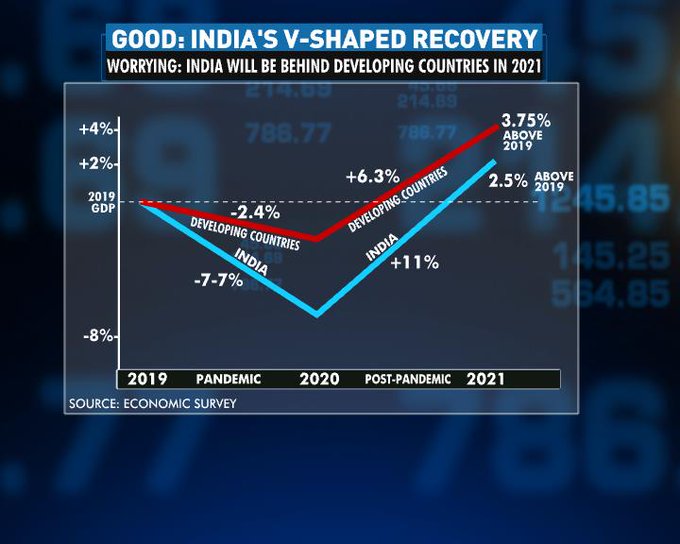
#NDTVTownhall | Will India see a post-pandemic rebound?
- NDTV (@ndtv) March 3, 2021
Watch LIVE on NDTV 24x7 and https://t.co/hMlRpgrUU6 pic.twitter.com/EQGskoUqzN
